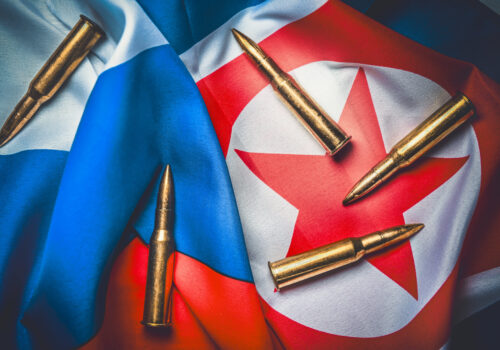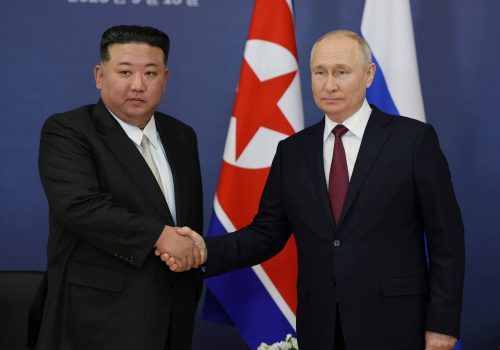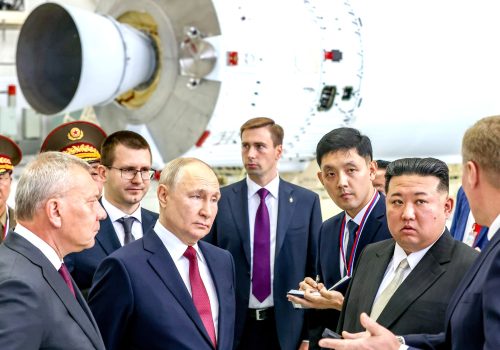Russian President Vladimir Putin opened 2024 with a barrage of airstrikes across Ukraine using a mixture of missiles and Iranian-made Shahed drones. The attack included the unwelcome addition of North Korean-supplied short-range ballistic missiles, a worrying development confirmed by both Washington and Kyiv.
North Korea’s supply of missiles to Russia marks an escalation in Pyongyang’s support for Moscow’s war on Ukraine. It also highlights the lengths the Kremlin has gone to replenish its diminishing missile inventory in the face of its inability to bombard Ukraine into submission and its evident production problems due to Western sanctions. Alongside North Korean missiles, Russia has also seen an influx of other North Korean armaments, including an estimated 1,000+ containers of military equipment and munitions to the Russian military, maintaining its quantitative edge against Ukraine.
In the background looms China, both countries’ largest partner, whose reaction to Russia and North Korea’s increasing security cooperation has been unsurprisingly muted, and who has been allegedly helping both North Korea and Russia evade sanctions.
Meanwhile, the US and Europe have struggled to supply Ukraine with the ammunition it needs. US and European Union aid packages remain stalled, and in November, the EU acknowledged it may fall short of providing Ukraine with 1 million rounds of promised ammunition by spring 2024. Meanwhile, North Korea is believed to have exported over 1 million shells to Russia since August 2023.
What impact have North Korean arms shipments had on Russia’s ability to wage its war against Ukraine? What can the US and Ukraine’s Western partners do to counter the flow of North Korean weapons to Russia? What message will North Korea’s aid send to Russia’s other security partners, such as Iran? And what might Moscow do for North Korea in return and how might South Korea and Japan react?
Speakers
Markus Garlauskas
Director, Indo-Pacific Security Initiative, Scowcroft Center for Strategy and Security
Atlantic Council
Ambassador John Herbst
Senior Director, Eurasia Center
Atlantic Council
Beth Sanner
Resident Distinguished Fellow
German Marshall Fund of the United States
Moderator
This event will not feature an in-person audience. You will be able to join via desktop or mobile app, through your web browser, or by phone. To join the question and answer period, you must join by app or web.
Register above for details on joining the virtual audience.
Stay connected
Follow us on social media
and support our work
Related content

The Eurasia Center’s mission is to promote policies that strengthen stability, democratic values, and prosperity in Eurasia, from Eastern Europe in the West to the Caucasus, Russia, and Central Asia in the East.
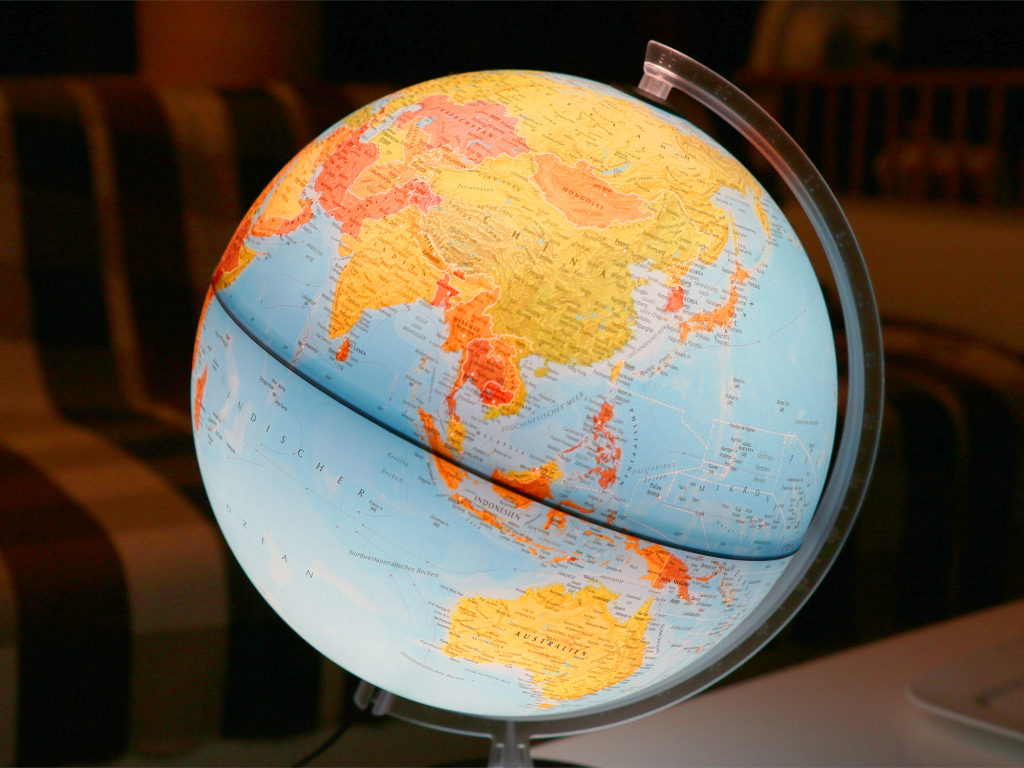
The Indo-Pacific Security Initiative (IPSI) informs and shapes the strategies, plans, and policies of the United States and its allies and partners to address the most important rising security challenges in the Indo-Pacific, including China’s growing threat to the international order and North Korea’s destabilizing nuclear weapons advancements. IPSI produces innovative analysis, conducts tabletop exercises, hosts public and private convenings, and engages with US, allied, and partner governments, militaries, media, other key private and public-sector stakeholders, and publics.
Atlantic Council TV
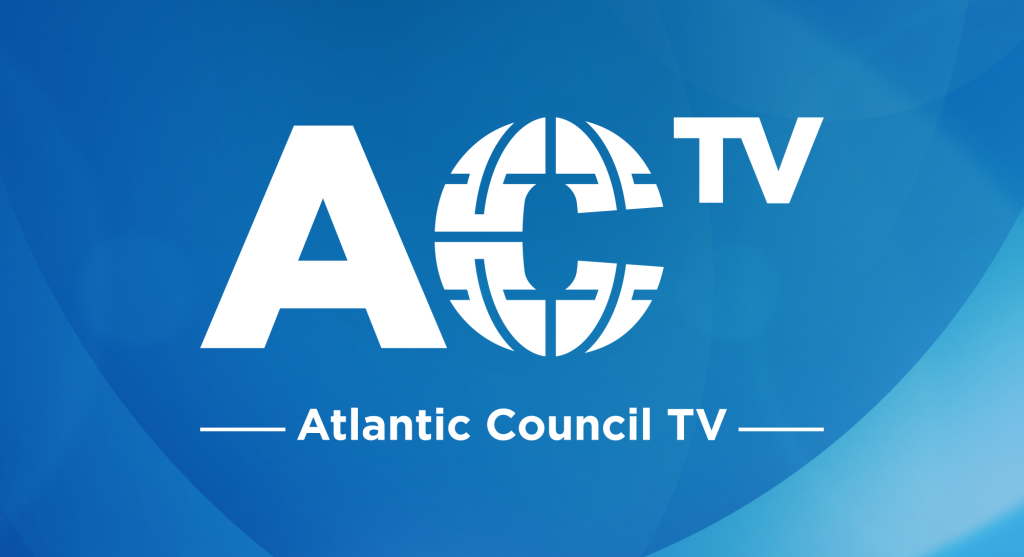
Watch this event and more content on ACTV
Follow the conversations shaping our world. Available on all major platforms.

